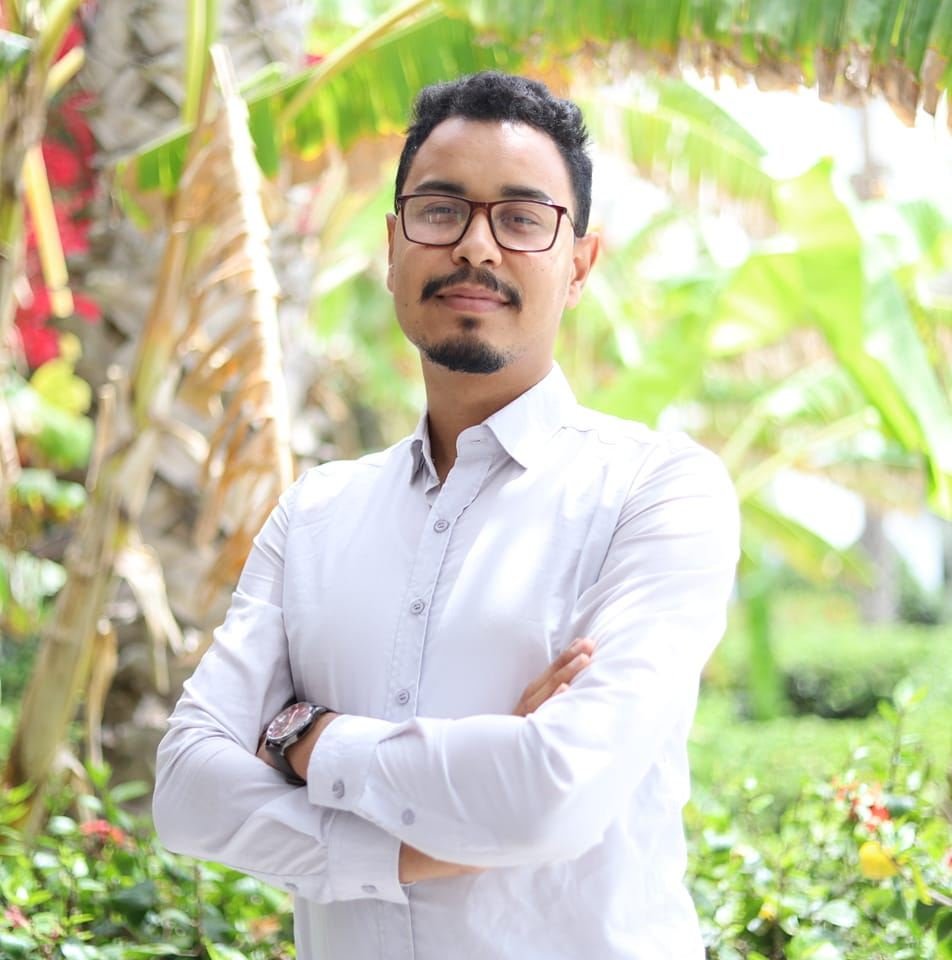IDebate4Transparency
Debating against corruption !

What is the Project : IDebate4Equality
the project aims to emphasize increasing civic and political engagement among young individuals. 2023 was the third chapter for this Projec. This year’s focus involved training 30 youths from Gabes and Bizerte, with particular attention on including youths with disabilities and black Tunisians (12/30). The training covered the political landscape, minority rights, and techniques for organizing Café Talks.

1- Training of facilitators
The idebate4transparency initiative commenced by selecting two facilitators from each of the six Law universities – Sfax, Gabes, Sousse, Tunis Manar, Tunis Carthage, and Jendouba. These facilitators underwent a rigorous 4-day training program focused on facilitation skills and debating techniques inspired by the World School Debate Competition (WSDC). Throughout the training, they were equipped with icebreaker techniques, refined their communication skills (both verbal and non-verbal), honed their public speaking abilities, and engaged in a simulation of a debate competition.
Following this intensive training phase, the facilitators returned to their respective universities and conducted multiple training sessions. Each session accommodated 24 youth participants per region, where the facilitators applied the techniques they had learned, fostering an environment conducive to constructive dialogue and critical thinking

2- Regional Competition
The Regional competition aimed to identify the top participants through a structured process. The journey began with a draw to select two teams, each comprising four members: one representing the Government (in favor of the motion) and the other representing the Opposition (against the motion).
Each team member was allocated 7 minutes to deliver their argument in front of the jury members. The jury evaluated each speaker based on predefined criteria, including the clarity of their argument, their public speaking skills, and their overall communication abilities. These evaluations were recorded on an evaluation sheet, ensuring a fair and comprehensive assessment of each participant.
At the conclusion of the competition, the top-scoring teams from each region, comprising eight members in total, were selected to advance to the National competition.

3- National Competition
The national competition retained the same format as the regional competition, spanning over four days. Participants from all six universities congregated with their facilitators for this significant event.
The journey commenced with a brief recapitulation of the knowledge and skills acquired during the preparatory period. Following this, teams engaged in a draw to determine their opponents and the topics they would address. The competition unfolded through a series of qualification rounds, leading from the quarter-finals to the semi-finals and ultimately to the grand final.
Each round featured two teams, one representing the government and the other the opposition, who presented their arguments on the chosen topic. Jury members meticulously assessed the teams, evaluating the clarity and fluidity of their arguments, regardless of whether they were for or against the motion.
The journey culminated with Gabes emerging as the winning team, securing first place in the competition. Sousse claimed the second-place position, while Tunis Manar attained third place, rounding off the podium.
Training session reached
regions reached
Beneficiaries reached
Beneficiaries reached
Join our mission. Volunteer, Donate, Advocate. Get Started Today.
Email: info@iidebate.org
Call Anytime: (216)-98-173847





